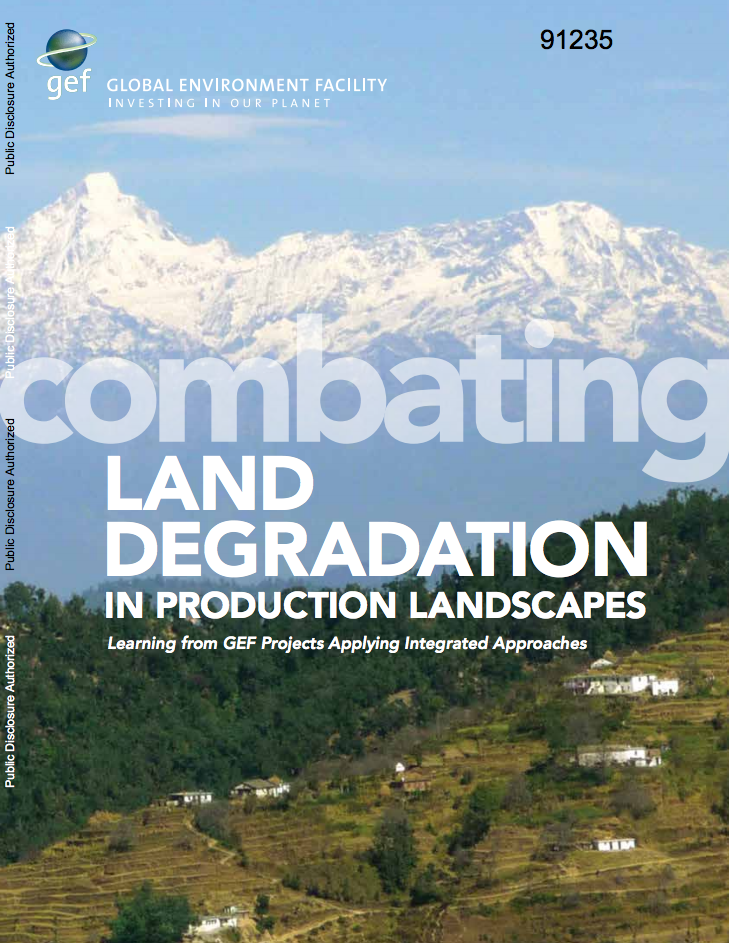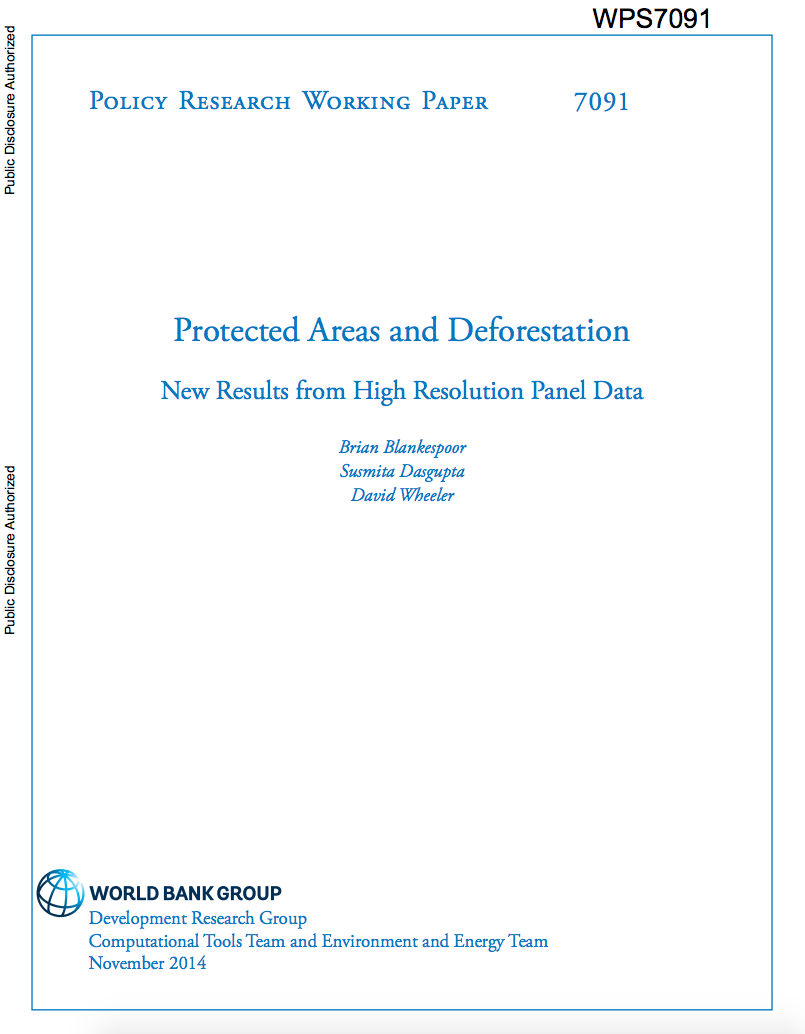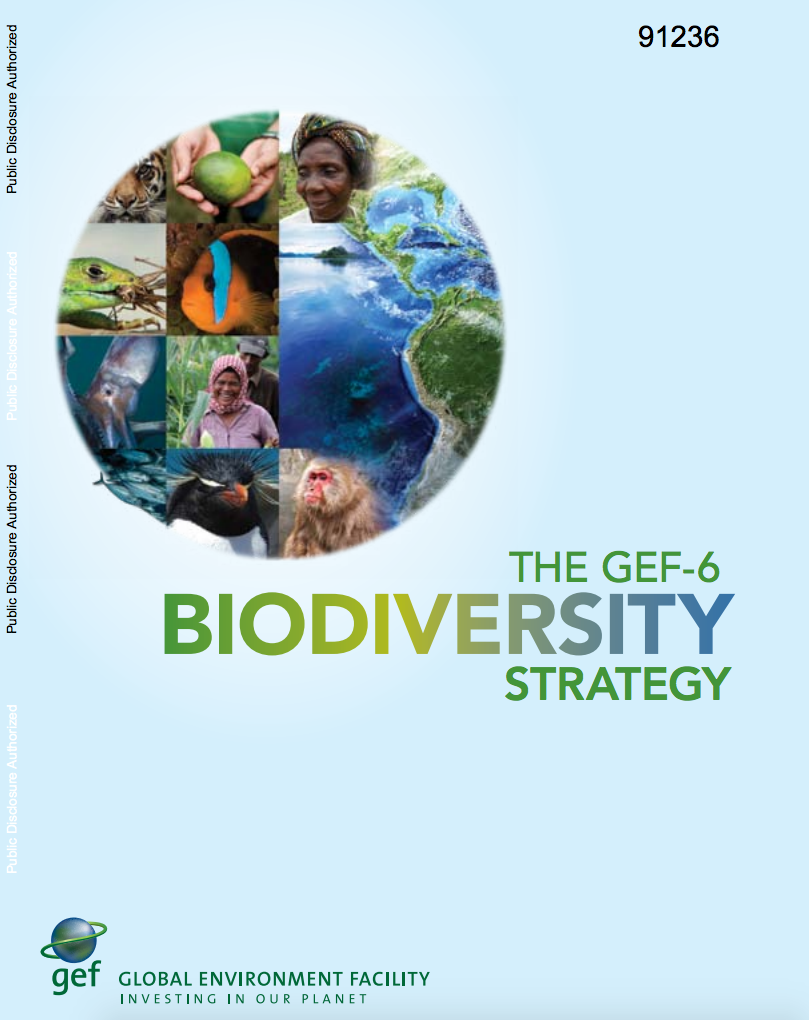The World Bank is a vital source of financial and technical assistance to developing countries around the world. We are not a bank in the ordinary sense but a unique partnership to reduce poverty and support development. The World Bank Group has two ambitious goals: End extreme poverty within a generation and boost shared prosperity.
- To end extreme poverty, the Bank's goal is to decrease the percentage of people living on less than $1.25 a day to no more than 3% by 2030.
- To promote shared prosperity, the goal is to promote income growth of the bottom 40% of the population in each country.
The World Bank Group comprises five institutions managed by their member countries.
The World Bank Group and Land: Working to protect the rights of existing land users and to help secure benefits for smallholder farmers
The World Bank (IBRD and IDA) interacts primarily with governments to increase agricultural productivity, strengthen land tenure policies and improve land governance. More than 90% of the World Bank’s agriculture portfolio focuses on the productivity and access to markets by small holder farmers. Ten percent of our projects focus on the governance of land tenure.
Similarly, investments by the International Finance Corporation (IFC), the World Bank Group’s private sector arm, including those in larger scale enterprises, overwhelmingly support smallholder farmers through improved access to finance, inputs and markets, and as direct suppliers. IFC invests in environmentally and socially sustainable private enterprises in all parts of the value chain (inputs such as irrigation and fertilizers, primary production, processing, transport and storage, traders, and risk management facilities including weather/crop insurance, warehouse financing, etc
For more information, visit the World Bank Group and land and food security (https://www.worldbank.org/en/topic/agriculture/brief/land-and-food-security1
Resources
Displaying 1211 - 1215 of 4906World Bank Research Digest, Vol. 1(3)
In this issue: making finance work for
Africa; focus on water in the Middle East: how to manage
scarcity; fungibility, and the apos;flypaper effectapos; of
aid; do girls gain from migration-induced male absence? The
distributional effects of World Trade Organization (WTO)
agricultural reforms in rich and poor countries;
clientelism, credibility, and policy choices of young
democracies; and entry regulation as a barrier to entrepreneurship.
Combating Land Degradation in Production Landscapes : Learning from GEF Projects Applying Integrated Approaches
During the Fifth Replenishment Phase of
the Global Environment Facility (GEF-5), portfolio
monitoring and learning review were introduced as key
components of knowledge management in the GEF Secretariat.
These strategies were intended to address the need to
generate knowledge on innovative practices, experiences, and
lessons from projects financed by the GEF. In that regard,
the Land Degradation focal area strategy for GEF-5
Protected Areas and Deforestation : New Results from High Resolution Panel Data
This paper investigates the
effectiveness of protected areas in slowing tropical forest
clearing in 64 countries in Asia/Pacific, Africa, and Latin
America for the period 2001-2012. The investigation compares
deforestation rates inside and within 10 kilometers outside
the boundary of protected areas. Annual time series of these
deforestation rates were constructed from recently published
high-resolution data on forest clearing. For 4,028 parks,
The GEF-6 Biodiversity Strategy
The Convention on Biological Diversity
(CBD) defines biodiversity as the variability among living
organisms from all sources including, inter alia,
terrestrial, marine and other aquatic ecosystems and the
ecological complexes of which they are part; this includes
diversity within species, between species, and of
ecosystems. The Millennium Ecosystem Assessment and TEEB
(The Economics of Ecosystems and Biodiversity) demonstrated
Land certification in Madagascar: formalizing (f)or securing?
Two major innovations have inter alia emerged from the land reform in Madagascar: (i)
decentralised land management through the creation of local land offices, and (ii)
certification, which enables individuals to register private property provided the community
agrees on the legitimacy of the claimed rights.
Despite the political crisis and the withdrawal of international aid during this period (2009 -
2013), new local land offices have been created, and now cover a third of the country’s









